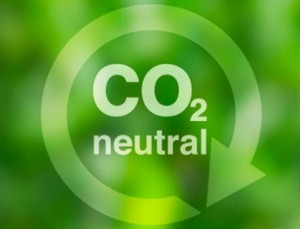Costa Rica News – Four years ago Costa Rica claimed it would become the first carbon-neutral country, presumably by 2021. Everyone is pitching in. Travel agencies have itinerary add-ons that suggest clients pay a fee to plant a tree in order to offset the environmental impact of touristic activities.. Both small farms and large businesses are also participating in the carbon-neutralizing effort.
 Agricultural emissions are responsible for 37 percent of the country’s emissions. Lower percentages come from transportation and energy. Agriculture is a hard field to make adjustments too, because farmers have been doing things the same way for so long, but there are actually lower-cost, low-carbon technologies available. Costa Rica is starting to accept these.
Agricultural emissions are responsible for 37 percent of the country’s emissions. Lower percentages come from transportation and energy. Agriculture is a hard field to make adjustments too, because farmers have been doing things the same way for so long, but there are actually lower-cost, low-carbon technologies available. Costa Rica is starting to accept these.
One farmer explained that it doesn’t mean that you miss out on something, have a harder time, or produce fewer crops. Instead of normal fertilizer that produces large amounts of nitrous oxide, she uses a mix of dried rice husk, coconut fiber, cow manure, and an agricultural waste product called biochar. It traps the carbon in the soil, resulting in well watered and well nourished crops. About 550 families in Costa Rica have accepted and benefitted from this process. And the climate thanks them!
A government owned farm called Los Diamantes recognized that animal waste causes 12 percent of worldwide carbon emissions. They are using a new technology that captures the methane from animal waste into a type of balloon and makes it into fuel to use on the farm! Now that’s recycling! Farms around the country, both privately or government owned, are keeping track of their carbon emissions and taking measures to lower the numbers, such as planting trees and special grass that causes less gas when eaten by cows.
International companies in Costa Rica, such as Dole Fruit and Vegetables are cutting water use by 80% and recycling plastics used to protect fruit while it grows. Hopefully similar measures will be followed by other companies and countries in the shadow of their example.
Although it has a long way to go to acheive carbon neutrality, Costa Rica is taking the steps to hit the 2021 carbon-neutral deadline.
By Kerry La

